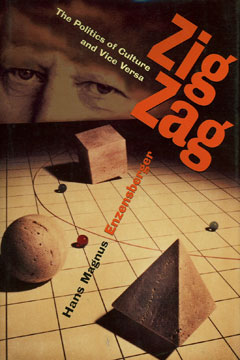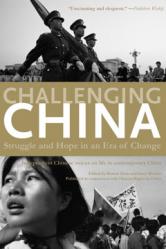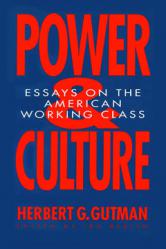Zig Zag
Witty and engaging essays from the leading German social critic
“Probably the nearest thing to a Renaissance figure among contemporary writers, Enzensberger is a restless adept, bringing qualities of learning, intelligence, spleen, and surprise to an extraordinary array of literary enterprises.” —Michael Hoffman
Hans Magnus Enzensberger is one of the most original and exciting thinkers of our time. Like Umberto Eco, Stephen Jay Gould, or Richard Rorty, Enzensberger has the gift of making complex ideas about our world engaging and understandable to anyone—and he writes with rare wit and elegance, never resorting to jargon or obscurity.
Born in a small Bavarian town in 1929, Enzensberger is a generalist and public intellectual in the grand old sense, and has been hailed around the world as a poet, dramatist, and editor. But it is as a cultural essayist and social critic that he has attained his widest acclaim. The Los Angeles Times has declared him “that most rambunctious of all critics—an iconoclast” and Newsweek has commended him as “a raconteur of mordant wit, a trenchant political thinker [and] a pleasure to read.”
Zig Zag is the definitive statement of Enzensberger’s provocative worldview. In twenty extraordinary essays—some new and translated here for the first time, the rest chosen by Enzensberger himself from throughout his career—he makes an elegant case for open-mindedness in the face of the complexities of contemporary life. The essays cover such topics as: the false importance of consistency; why our ideas about the end of the world and “progress” have changed; Adolf Hitler vs. Saddam Hussein, the increasing “casualization” of contemporary culture; and what luxury will mean in the future.
Finally, the book also includes Enzensberger’s moving evocation of his deep ambivalence about the United States and American culture, from his memories of fleeing American tanks and the joy of discovering American literature in the waning days of World War II, to seeing “applause” signs for the first time in Hollywood in 1953, to teaching at a sleepy American college during the campus uprisings of 1968, to getting lost in Texas shopping malls just last year. As in so many cases throughout the book, Enzensberger’s “fifty years’ effort to discover America” end in a kind of sublime contradiction: “After so many exciting expeditions, I realize I have failed to discover America. How could I make up my mind about it, torn as I am between shock and gratitude, bliss and frustration, dismay and surprise? Of all my lifelong failures, this is one which I would hate to do without.”







